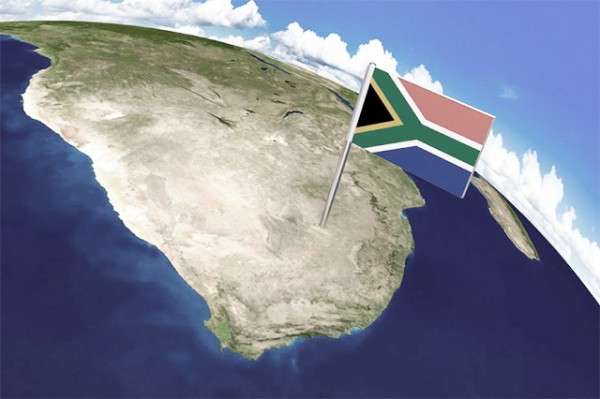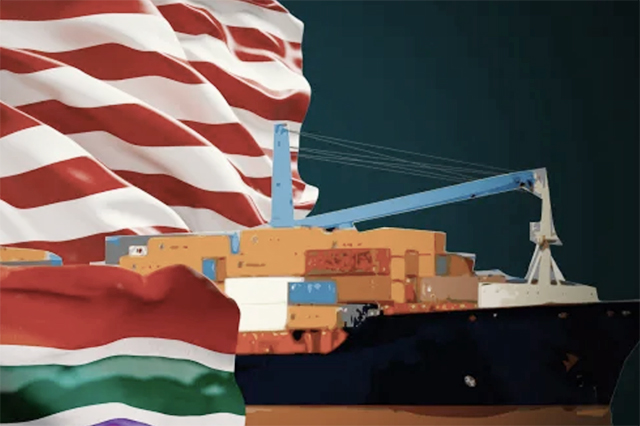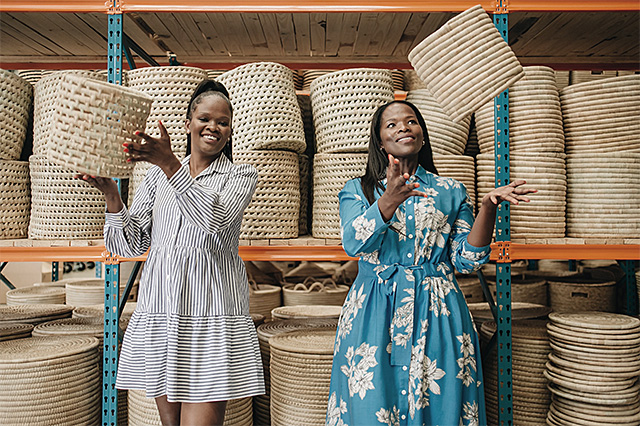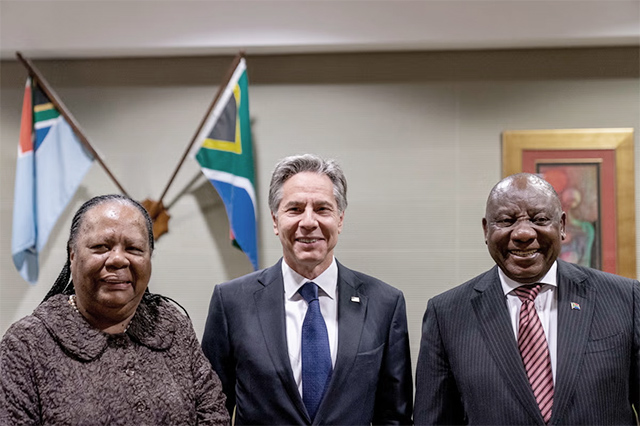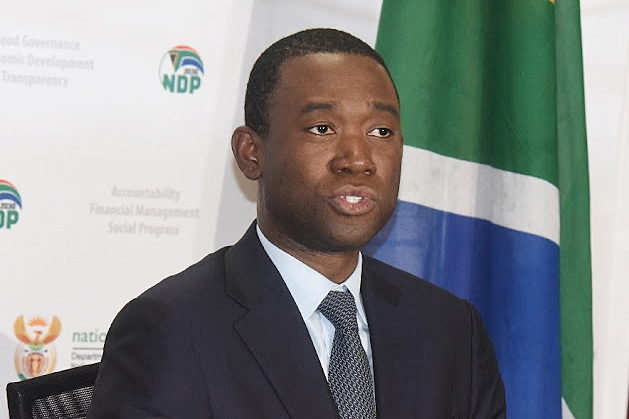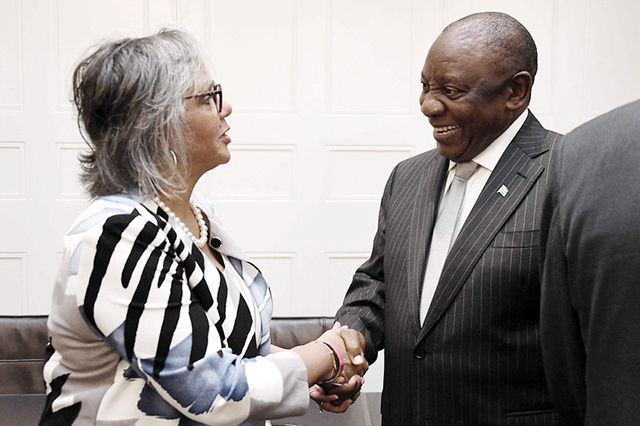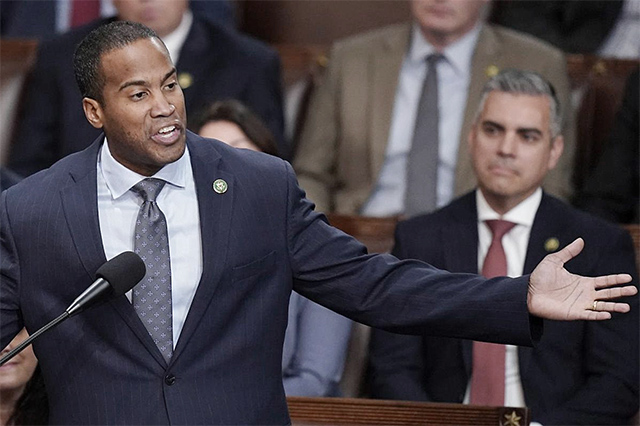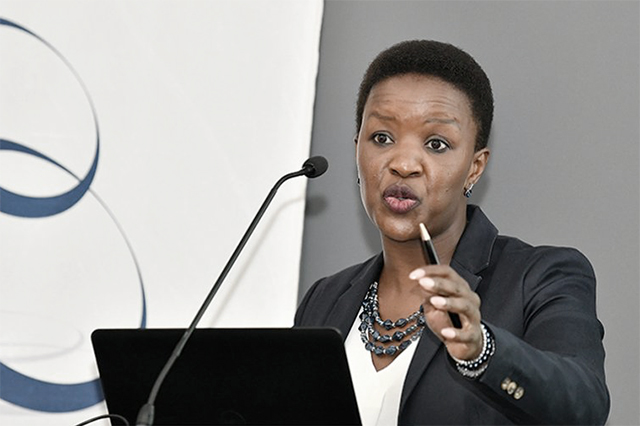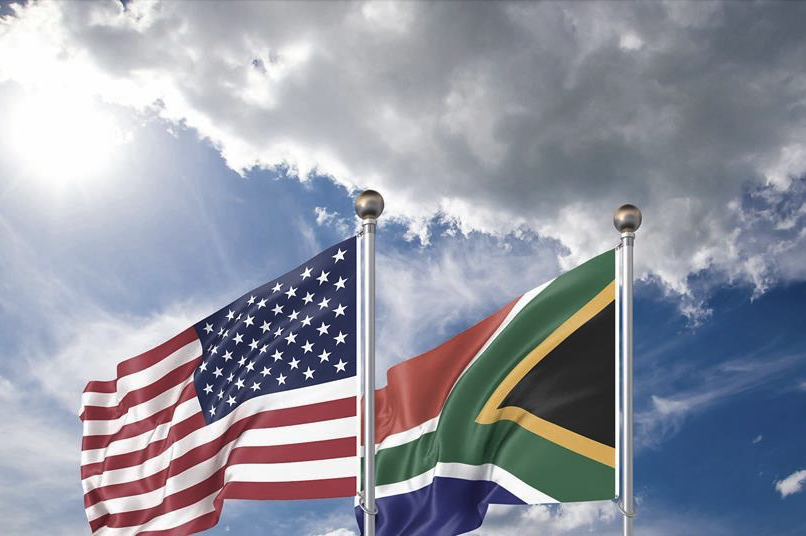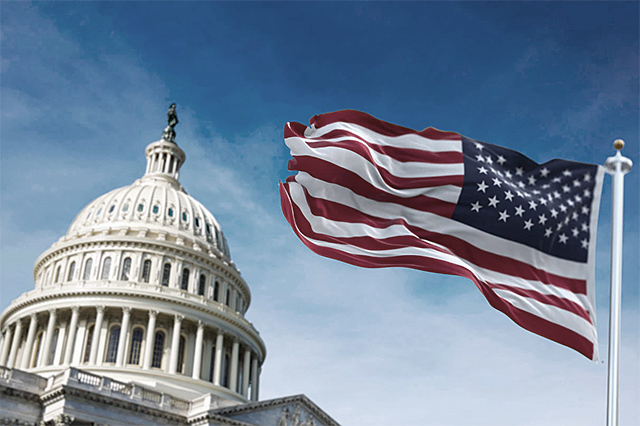'Protecting South Africa from US anti-trade action'
Bilateral Trade by Sector: United States - South Africa
Value ('1000 dollars), US 'domestic exports' *, US 'imports for consumption' / Includes year-to-date data
South Africa may well be a “non-combatant” and an “innocent bystander” in the economic warfare which US President Donald Trump has launched against America’s major economic rivals, as trade and industry minister Rob Davies has frequently complained.
But it can and should act at least to mitigate the fallout from the gathering global contest, which now also involves Iran.
Six months ago Davies first complained that SA was suffering “collateral damage” from the trade war which Trump had launched mainly against China.
The “Section 232” import duties of 25% on steel and 10% on aluminium which the US imposed were mainly aimed at China and other major economies, he said. But SA was in effect caught in the crossfire.
Davies vigorously lobbied the US for an exemption, arguing that SA’s exports of steel and aluminium to the US were tiny, representing about 1% of total US steel imports and 1.6% of total aluminium imports.
Conversely, the 330?000 tonnes of steel which SA exported to the US in 2017 represented 5% of total SA production and about 7 500 jobs in the steel supply chain.
Davies also said the tariffs breached SA’s benefits under the African Growth and Opportunity Act (Agoa) which allows SA and other eligible African countries to export most goods into the US duty-free.
His arguments fell on deaf ears. The US exempted many other countries, but not SA.
Then in May, Trump asked his commerce department to investigate whether imports of foreign vehicles also threatened national security and should also therefore be hit with 25% import tariffs under Section 232.
In 2017, SA exported about $1.4bn in auto products to the US, mostly complete cars. In July, Davies said he had just met US commerce secretary Wilbur Ross in Washington to urge him not to impose the auto tarriffs on SA.
He explained to Ross that SA auto exports to the US constituted only about 0.4% of total US auto imports (some $335bn in 2017).
Davies told finweek in mid-September that he had not yet received a response from Ross.
Economist Christopher Wood of Trade and Industrial Policy Stratgies (TIPS) believes the US metal import tariffs will probably not have a major impact on SA because US industries are unlikely to make huge investments in the production of import substitutes, when they probably believe the import tariffs will disappear when Trump leaves the White House.
Davies suggested the same when he told finweek that most of the US importers of SA aluminium products – most of which serve niche markets – were continuing to buy despite the 10% import tariff hike.
Wood thought the greater danger for SA, though, was that the disruptions in trade patterns would cause an over-supply of key commodities in the global market, which companies would then try to offload on open markets, like South Africa’s.
SA is also likely to suffer some “collateral damage” from another theatre of Trump’s global economic war – the trade and financial sanctions which he re-imposed on Iran in August.
Those rescinded the Joint Comprehensive Plan of Action (JCPOA) deal which his predecessor, Barack Obama, and several European countries had struck with Tehran in 2015, which lifted sanctions in exchange for Iran suspending development of its suspected nuclear weapons programme.
The new US financial sanctions prevent any country or company which does business with Iran from also doing business with the US.
From SA, the cellphone service provider MTN faces the most risk as its subsidiary MTN Irancell provides about 21% of its subscribers.
MTN announced last month that “the sanctions may limit the ability of the group to repatriate cash from MTN Irancell, including future dividends”.
At 30 June 2018, Iranian rial-denominated dividends receivable and loans amounted to R3.4bn, it said.
MTN also warned shareholders that the US sanctions could depreciate the exchange rate of the rial and so reduce the value of such dividends as it might be able to repatriate.
MTN did not respond to questions about how any business dealings it might have with the US could be affected by the sanctions.
The US oil sanctions, which kick in on 5 November, will probably also impact on SA, since the US would also punish other countries that buy oil from Iran.
But the impact should not be great, as SA now only imports about 7% of its oil from Iran, a sharp decline from before the last round of US sanctions against Iran.
However, Davies told finweek that SA’s main problem with the US sanctions on Iran was the opportunities they had denied this country for doing more business with Iran.
South Africa had been trying to establish more businesses there for years.
“But banks had to decide between doing business with Iran and doing business with the US. None were prepared to choose Iran.”
Davies said SA’s discussions with Iran had resumed after the first round of sanctions was lifted under the JCPOA. “Now the new sanctions will make it even more difficult,” he said.
And Trump’s global trade war is also likely to impact SA indirectly, along with all countries, as it drags down the global economy.
Stratfor says in its latest global forecast that the US oil sanctions could push Iranian production below 1m barrels per day (bpd), way down from their high of about 2.7m bpd in May.
That will push up oil prices globally, including of course in SA, which is already hurting badly from high fuel prices.
All these impacts are likely to make for a stressful period ahead, especially for emerging markets, including SA, Stratfor said. “For countries already struggling with weak currencies, expanding current account deficits and financial outflows, US monetary tightening, rising energy prices and growing trade risk will make for a particularly stressful quarter.”
Said Davies:
“This is the effect of unilateralism and big power relations.When the largest economies flout multilateral rules, such as raising trade tariffs outside their World Trade Organization commitments, the smallest economies suffer the most.”
Davies repeated his familiar refrain that SA was suffering “collateral damage” from the global economic war among the big powers, “because we’re not the cause, we’re the innocent bystander who is affected”.
That is no doubt true.
But even if it is a “non-combatant” and an “innocent bystander”, SA does have choices in how it responds to the trade war. And these could either allay or aggravate the damage.
The first “combative” retaliation to Trump came in August from the SA Poultry Association (Sapa), which filed a lawsuit seeking to force the South African government to block US poultry imports from entering SA duty-free.
Previously the imports of these chicken parts had incurred steep anti-dumping duties.
But in 2016 Pretoria agreed to exclude 65 000 tonnes a year from these duties, in exchange for SA continuing to be able to export other goods into the US under Agoa.
Sapa is to argue before the courts that since the US has now violated the terms of the 2016 poultry deal by slapping duties on SA steel and aluminium exports into the US, the poultry import quota should also be suspended.
Sapa’s argument has some logical merit. But is it wise?
Trade experts point out that in 2017 SA exported $618m worth of steel to the US – an 82% increase on 2016. None of that is affected by the new 25% Section 232 import tariff.
The 10% Section 232 tariff on aluminium imports does, however impact all of SA’s exports to the US.
In 2017 those amounted to $378m. But of those, only $154m entered duty-free under Agoa.
Looking at the bigger picture, last year some 23% of SA’s total of $7.7bn of exports to the US entered that country duty-free under Agoa. That was about $1.771bn.
If the $154m in aluminium exports are taken out of the equation, 21% of SA’s total exports to the US still enjoy Agoa benefits. In addition, last year SA enjoyed a $2.72bn trade surplus with the US.
“So it’s extreme to say: ‘We are mad at the US because it suspended Agoa, so forget the poultry deal’,” one analyst explained.
The risk of suspending the poultry deal because of a 10% import hike on $154m worth of aluminium is that it could cost SA all of its Agoa benefits.
James Sumner, president of the USA Poultry & Egg Export Council (USAPEEC) who lead the charge that achieved the 65 000 tonne quota in 2016, has told Reuters that if SA ends the quota, his organisation will once again lobby the US government to take action.
That of course would once again mean calling for SA to lose its Agoa benefits.
Pretoria is well aware of the danger. Trade and industry director general Lionel October recently indicated to Parliament that his department would oppose Sapa’s court application, saying the department would explain to the court the importance of Agoa.
“We will all be losers if we lose Agoa,” Fin24 reported him as saying. On trade matters, he said: “You need to compromise and compromise.”
Sadly, that is true.
But it’s also true that it will be much more difficult for SA to just swallow hard if Trump goes ahead with the threatened 25% auto import tariffs, possibly early next year.
And, as Wood points out, the broader danger of the US threatening Agoa suspension whenever it faces a trade dispute with an African country – it has just done the same over restrictions which East African countries placed on imported US second-hand clothes – is that it undermines investor confidence in the sustainability of Agoa benefits.
Coming on top of the anti-trade rhetoric emanating from the White House this “makes it hard to leverage Agoa to attract investment”, he says.
- Peter Fabricius is a consultant to the Institute for Security Studies and a freelance foreign affairs journalist.


